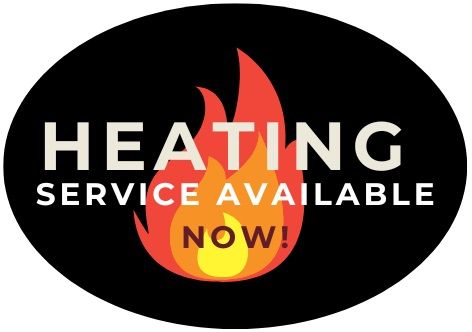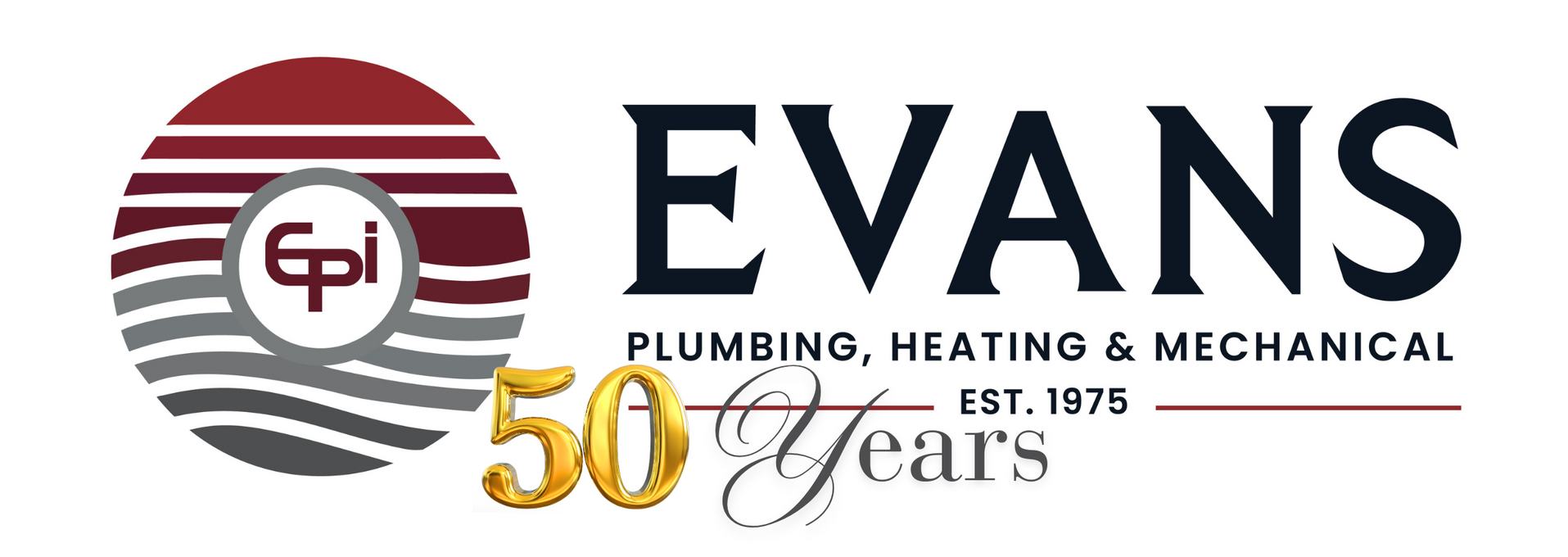Why Twin Falls, Idaho, Should Be Your Next Home
Nestled in the heart of the Magic Valley, Twin Falls, Idaho, is rapidly becoming one of the most sought-after places to live in the Pacific Northwest. From its stunning natural beauty to its thriving business environment, Twin Falls offers an exceptional quality of life for families, entrepreneurs, and outdoor enthusiasts alike.
1. A Thriving Business Environment
Twin Falls boasts a robust economy supported by diverse industries such as agriculture, food processing, and manufacturing. The city has welcomed several major companies, including Clif Bar, Chobani, and Glambia Nutritionals, making it a hub for food innovation. These businesses benefit from Twin Falls' business-friendly policies, low corporate taxes, and strong community support.
The region is also rich in entrepreneurial opportunities. Small businesses thrive in Twin Falls, thanks to affordable commercial real estate and a growing population eager to support local enterprises. If you’re considering starting or relocating a business, Twin Falls offers a perfect blend of affordability and opportunity. For more information, visit Twin Falls Economic Development.
2. The Canyon: An Outdoor Playground
One of the most iconic features of Twin Falls is the Snake River Canyon, a natural wonder that draws adventure seekers from around the world. Activities in the canyon include:
- BASE Jumping: Twin Falls is home to the Perrine Bridge, the only bridge in the U.S. where BASE jumping is legal year-round.
- Kayaking & Paddleboarding: Explore the tranquil waters of the Snake River, surrounded by towering canyon walls.
- Hiking & Biking: The Auger Falls Trail System and Canyon Rim Trail provide stunning views and trails for all skill levels.
- Fishing: Cast your line into the Snake River for trout, bass, and catfish.
Check out Visit Southern Idaho for a full list of canyon activities.
3. Affordable Living
The cost of living in Twin Falls is significantly lower than the national average, making it an attractive destination for families and retirees. With affordable housing options ranging from charming single-family homes to modern apartments, Twin Falls caters to all budgets. Learn more about housing options in the area by visiting Silvercreek Realty.
4. A Welcoming Community
Twin Falls prides itself on its close-knit and friendly community. The city offers excellent schools, including College of Southern Idaho, which provides affordable higher education and workforce training programs. Numerous community events, such as the Twin Falls Farmers Market and Twin Falls Western Days, foster a sense of belonging and connectivity.
5. Proximity to Natural Wonders
In addition to the Snake River Canyon, Twin Falls is a gateway to numerous outdoor adventures:
- Shoshone Falls: Often called the "Niagara of the West," this stunning waterfall is taller than Niagara Falls.
- Sawtooth National Forest: Just a short drive away, this area offers hiking, camping, and world-class skiing.
- City of Rocks National Reserve: A favorite spot for rock climbers and history buffs.
These destinations make Twin Falls a paradise for anyone who loves the great outdoors. Plan your next adventure at Idaho Tourism.
6. Room for Growth
Twin Falls is experiencing steady growth, with plenty of room for expansion in both residential and commercial areas. As the city continues to develop, new neighborhoods, schools, and businesses are on the rise. This growth presents ample investment opportunities for savvy entrepreneurs and real estate buyers.
7. Pro-Business Policies and Support
The city offers resources such as the Twin Falls Chamber of Commerce and the Small Business Development Center, which provide mentorship, networking opportunities, and business loans to help local entrepreneurs succeed. To explore business incentives and grants, visit the Idaho Department of Commerce.
Why Wait? Make Twin Falls Your Home Today
With its unbeatable combination of economic opportunity, outdoor recreation, and community spirit, Twin Falls is a city on the rise. Whether you’re a business owner looking for a supportive environment or an adventurer seeking your next thrill, Twin Falls has something for everyone.
Start planning your move today! Explore available properties and learn more about life in Twin Falls at Silvercreek Realty. For a deeper dive into business opportunities, visit the Twin Falls Economic Development Office.
By choosing Twin Falls, you’re not just relocating—you’re upgrading your lifestyle. See you in the Magic Valley!




Service Area
Twin Falls, ID
Kimberly, ID
Filer, ID
Jerome, ID
Burley, ID
Hailey, ID
Ketchum, ID
Bellevue, ID
Carey, ID
Rupert, ID
Sun Valley, ID


Share On: